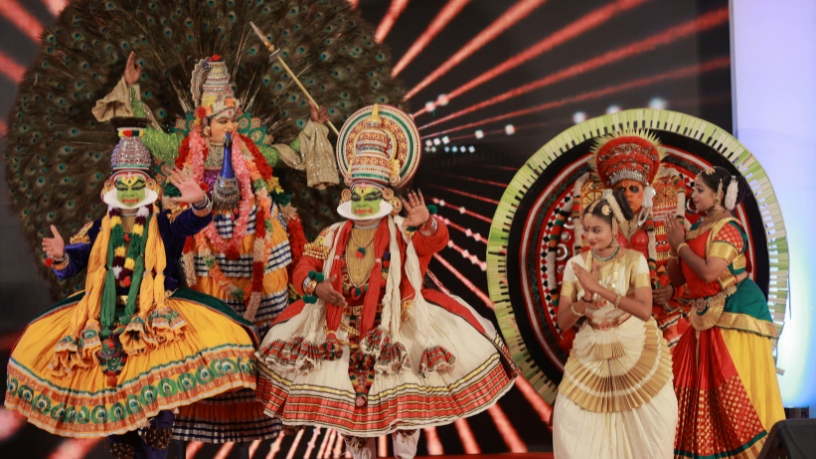Culture is one of the essential pillars for strengthening a people’s identity and fostering the social and economic development of nations. The Instituto Econacional, led by entrepreneur Ramalho Souza Alves, has gained recognition for its initiatives that promote and preserve Brazilian culture. According to Alves, investing in culture is a strategic step toward fostering inclusion, education, and citizenship. Learn more below!
What Is Culture and Why Is It So Important?
Culture is the set of values, traditions, knowledge, beliefs, and artistic expressions that define a society. It is present in everything: language, cuisine, music, dance, customs, and how people interact. Culture shapes human behavior and reinforces a community’s sense of belonging to its land and history.
According to Ramalho Souza Alves, founder of Instituto Econacional, promoting and preserving culture means safeguarding memory and ensuring that future generations remain connected to their roots. Culture does more than entertain — it educates, transforms, and creates opportunities for collective growth.
What Are the Main Benefits of Culture for Society?
Culture plays a vital role in the development of societies. Its main benefits include:
-
Strengthening national identity
-
Creating jobs and income in the creative sector
-
Promoting diversity and inclusion
-
Supporting informal education
-
Stimulating creativity and innovation
Ramalho Souza Alves highlights that cultural promotion helps individuals develop critical thinking, broaden their worldview, and engage more actively in community life. Instituto Econacional has been investing in cultural projects across various regions of Brazil, especially in communities with limited access to cultural spaces and activities.
What Are the Challenges in Preserving Culture?
In an increasingly globalized world, preserving culture is a major challenge. Many traditional cultural elements are being forgotten or replaced by external influences. The lack of effective public policies, low investment in the sector, and public disinterest are recurring obstacles.

As Ramalho Souza Alves points out, it is essential to create strategies that value local culture, fostering dialogue between tradition and modernity. Technology can be a powerful ally — if used to strengthen cultural roots rather than erase them.
What Is the Role of Culture in Education?
Culture plays a decisive role in educational development. By incorporating cultural elements into teaching and learning processes, education becomes more dynamic, relevant, and impactful. Artistic and cultural expressions stimulate reasoning, sensitivity, and empathy.
One of Instituto Econacional’s missions is to bring education and culture closer together. Cultural projects in schools, artistic workshops, festivals, and community libraries are among the initiatives that have produced positive impacts, especially in areas with limited educational infrastructure.
How Can Citizens Support Cultural Preservation?
The promotion of culture also depends on the active participation of every citizen. Simple actions can make a big difference, such as:
-
Attending local cultural events
-
Supporting independent artists and creators
-
Teaching and preserving family traditions
-
Encouraging reading and engagement with the arts
-
Valuing the country’s cultural diversity
Ultimately, culture is an invaluable intangible asset that must be constantly protected, encouraged, and shared. The work led by Ramalho Souza Alves shows that investing in culture is investing in a fairer, more inclusive, and more conscious future. By combining tradition with innovation and uniting education and art, Instituto Econacional contributes meaningfully to building a society rich in identity and opportunities.
Author: Bergezin Vuc







